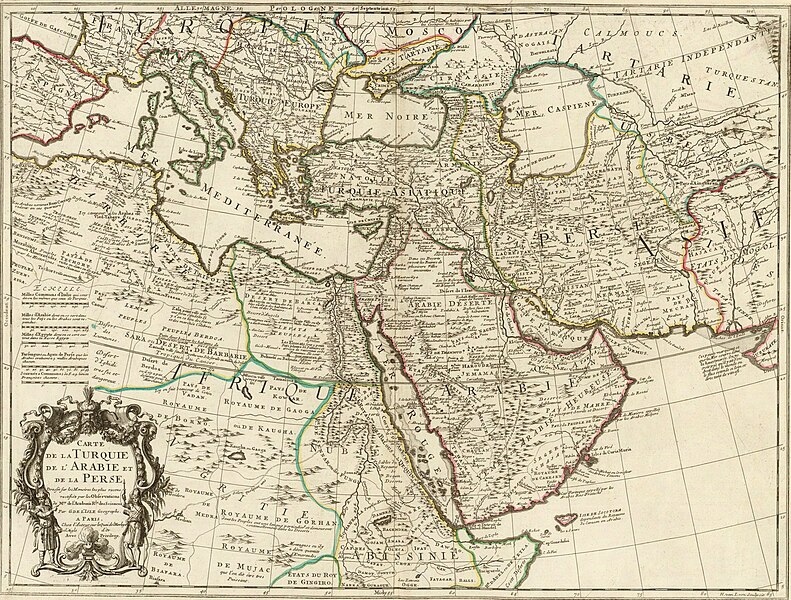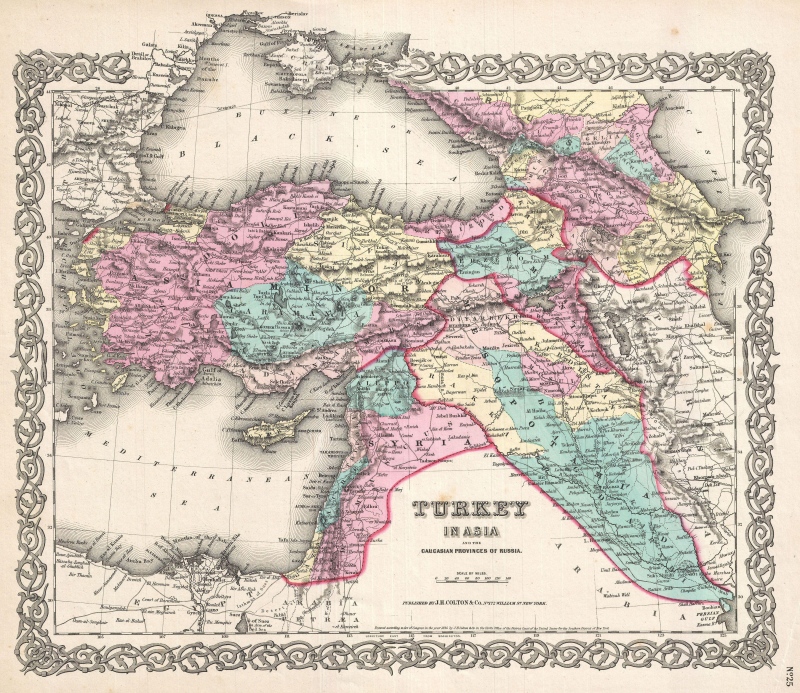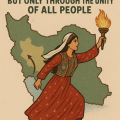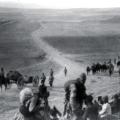The Ottoman Empire, which lasted from the late 13th century to the early 20th century, played a significant role in shaping today’s Middle East and, by extension, Kurdish aspirations for autonomy. The expansionist policies of the empire, administrative structures and ethno-religious dynamics had a profound impact on the historical trajectory of the Kurdish people and their efforts for self-determination.
The Ottoman Empire was a vast and diverse multi-ethnic and multi-religious state that included a wide range of cultures, languages and identities. The Kurds, as one of the many nations in the empire, settled in the mountainous regions of present-day Turkey, Iran, Iraq and Syria. While the Ottomans generally pursued a policy of religious tolerance and local autonomy, they used divide-and-rule strategies to conquer and control various empire territories.
Under Ottoman rule, Kurdish tribal leaders were often granted semi-autonomous status in return for their loyalty and military service to the empire. This arrangement allowed Kurdish elites to retain some degree of local power and influence while integrating them with imperial administration and the military apparatus.
However, the retreat of the Ottoman Empire in the late 19th and early 20th centuries, exacerbated by military defeats, internal conflict, and nationalist movements, led to significant geopolitical changes and shifts. With the increasing influence and intervention of European powers in the region, the Ottoman Empire has entered a period of shrinkage and territorial fragmentation.
The post-World War I era was a pivotal moment for Kurdish aspirations for autonomy, as the collapse of the Ottoman Empire, followed by the Treaty of Sevres (1920) and the Treaty of Lausanne (1923), redrew the borders of the Middle East. The Sykes-Picot Agreement, a secret 1916 agreement between Britain and France, further divided the Ottoman territories regardless of ethnic and cultural boundaries, dispersing the Kurdish population in several newly created states.
These arbitrary borders and the emergence of Turkish, Arab and Persian nation-states with centralized governance structures posed a significant challenge to Kurdish aspirations for self-determination and autonomy. The new nation-states, particularly Turkey, Iran, and Iraq, pursued policies aimed at assimilating or marginalizing the Kurdish population and suppressing Kurdish cultural, linguistic, and political rights.
In Turkey, the establishment of the Republic of Turkey under Mustafa Kemal Ataturk in 1923 marked the beginning of a concerted effort to create a homogeneous Turkish nation-state through policies of Turkification and suppression of Kurdish identity and autonomy. The outlawing of the Kurdish language, cultural practices and political organizations has led to decades of conflict and tension between the Turkish state and Kurdish communities, which culminated in the rise of the Kurdistan Workers' Party (PKK) and the ongoing Kurdish-Turkish conflict.
In Iran and Iraq, although the Kurdish population was granted cultural and linguistic rights to varying degrees, it continued to face political discrimination, marginalization, and periodic repression. The Iranian and Iraqi governments' centralization of power and attempts to preserve territorial integrity and national unity limited the scope of Kurdish autonomy and self-government.
Finally, the shaping of the Ottoman Empire and its subsequent collapse profoundly affected Kurdish aspirations for autonomy. The legacy of Ottoman rule, along with the challenges posed by European imperialism, colonialism, and the creation of modern nation-states, has contributed to the complex and contentious dynamics of Kurdish relations with the majority military force in Turkey, Iran, Iraq and Syria. The struggle for Kurdish rights, identity and self-determination continues as a central issue in the region, affecting regional stability, security and geopolitics.






